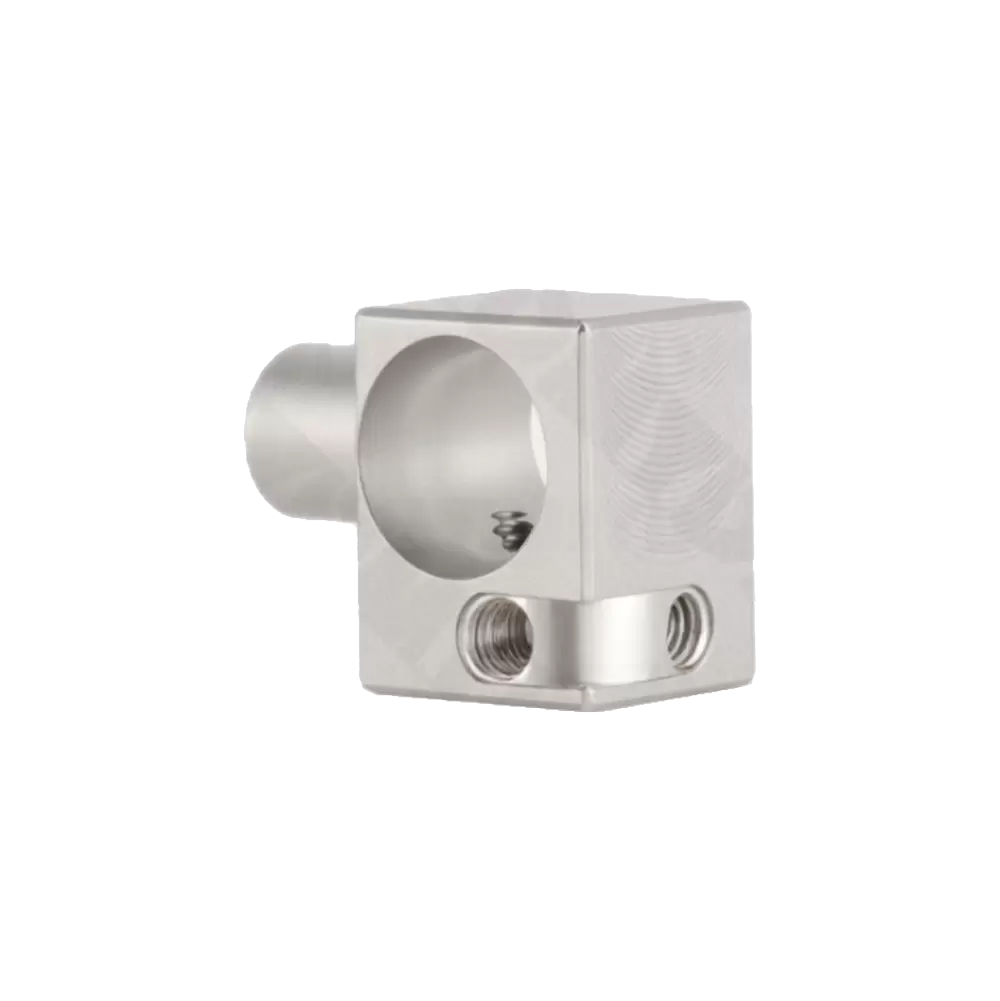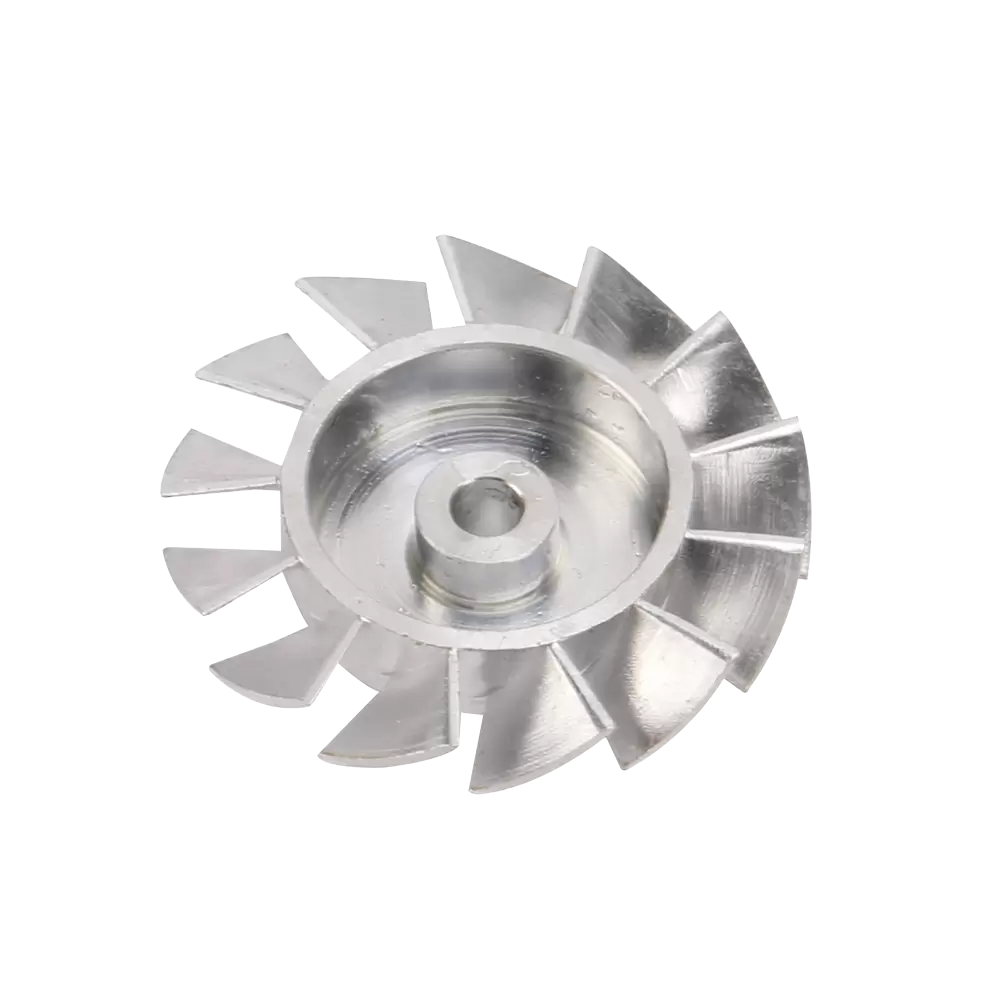Position:Home > News > Industry News > Why Quality Control Matters in the Industrial Machined Parts Industry
Why Quality Control Matters in the Industrial Machined Parts Industry
In today’s rapidly evolving manufacturing world, the demand for high-precision industrial machined parts continues to rise. Whether in aerospace, automotive, medical equipment, or advanced electronics, the reliability and performance of these parts depend heavily on one critical factor — quality control. Without stringent quality assurance, even the most advanced machining processes can fall short of customer expectations and industry standards.
.webp)
The Role of Quality Control in Precision Manufacturing
Quality control (QC) is not just a checkpoint; it is a continuous process that ensures every component meets the exact design specifications and functional requirements. In the industrial machined parts industry, where tolerances are measured in microns, maintaining accuracy and consistency is essential. QC involves multiple stages — from raw material inspection and process monitoring to final dimensional testing and performance verification.
This level of precision ensures that each machined part not only fits perfectly into its assembly but also performs reliably under real-world conditions. For sectors such as aerospace and medical devices, where failure is not an option, effective QC can mean the difference between operational excellence and costly downtime or recalls.
Common Quality Control Techniques
Dimensional Inspection – Using coordinate measuring machines (CMMs), micrometers, and laser scanners to verify every part dimension.
Surface Finish Testing – Ensuring surface smoothness and consistency to reduce friction and wear.
Material Analysis – Verifying that raw materials meet required hardness, composition, and tensile strength standards.
Process Validation – Monitoring machining parameters such as temperature, speed, and pressure to maintain consistency.
Functional Testing – Simulating real-world operating conditions to confirm the part’s durability and performance.
The Cost of Poor Quality
Skipping or underestimating QC can lead to severe consequences. Defective parts can cause equipment failures, production delays, or safety hazards, all of which damage a company’s reputation and increase costs due to rework, returns, and liability issues. In contrast, investing in robust QC processes improves customer satisfaction, builds trust, and enhances brand credibility in competitive markets.
A Case Example: Dongguan Mingyuda Electronic Technology Co., Ltd.
Dongguan Mingyuda Electronic Technology Co., Ltd. stands as a strong example of a company that prioritizes quality in every stage of its production process. The company specializes in the research, development, and manufacturing of precision connector hardware components, offering complete system solutions tailored to client needs.
Their product range includes spring-loaded pins, crown spring pins, precision connector contacts, screws and nuts for connector housings, cable glands, aviation connector terminals, custom-shaped terminals, metal terminal sensor assemblies, as well as medical equipment accessories and cable stamping parts.
At Mingyuda, each product undergoes rigorous quality inspection, from raw material sourcing to final assembly. Advanced inspection equipment and standardized procedures ensure that every component achieves the required precision, strength, and reliability — meeting the exacting standards of global industries such as aerospace, medical, and telecommunications.
The Future of Quality in Machined Parts
As automation and smart manufacturing technologies advance, quality control is becoming increasingly data-driven. Real-time monitoring, AI-based defect detection, and predictive maintenance systems are revolutionizing how manufacturers maintain consistency and reduce human error. Companies that embrace digital QC systems gain greater control over their production quality while improving efficiency and sustainability.
Conclusion
In the industrial machined parts industry, quality control is more than a regulatory requirement — it is the backbone of reliability and innovation. Precision, consistency, and accountability in every production step ensure that components perform flawlessly in critical applications.
Dongguan Mingyuda Electronic Technology Co., Ltd. exemplifies how strong QC systems and advanced manufacturing practices create value for customers and sustain long-term growth in a highly competitive market. By maintaining strict quality control, companies not only enhance their product standards but also strengthen their reputation as trusted partners in precision manufacturing.






.webp)